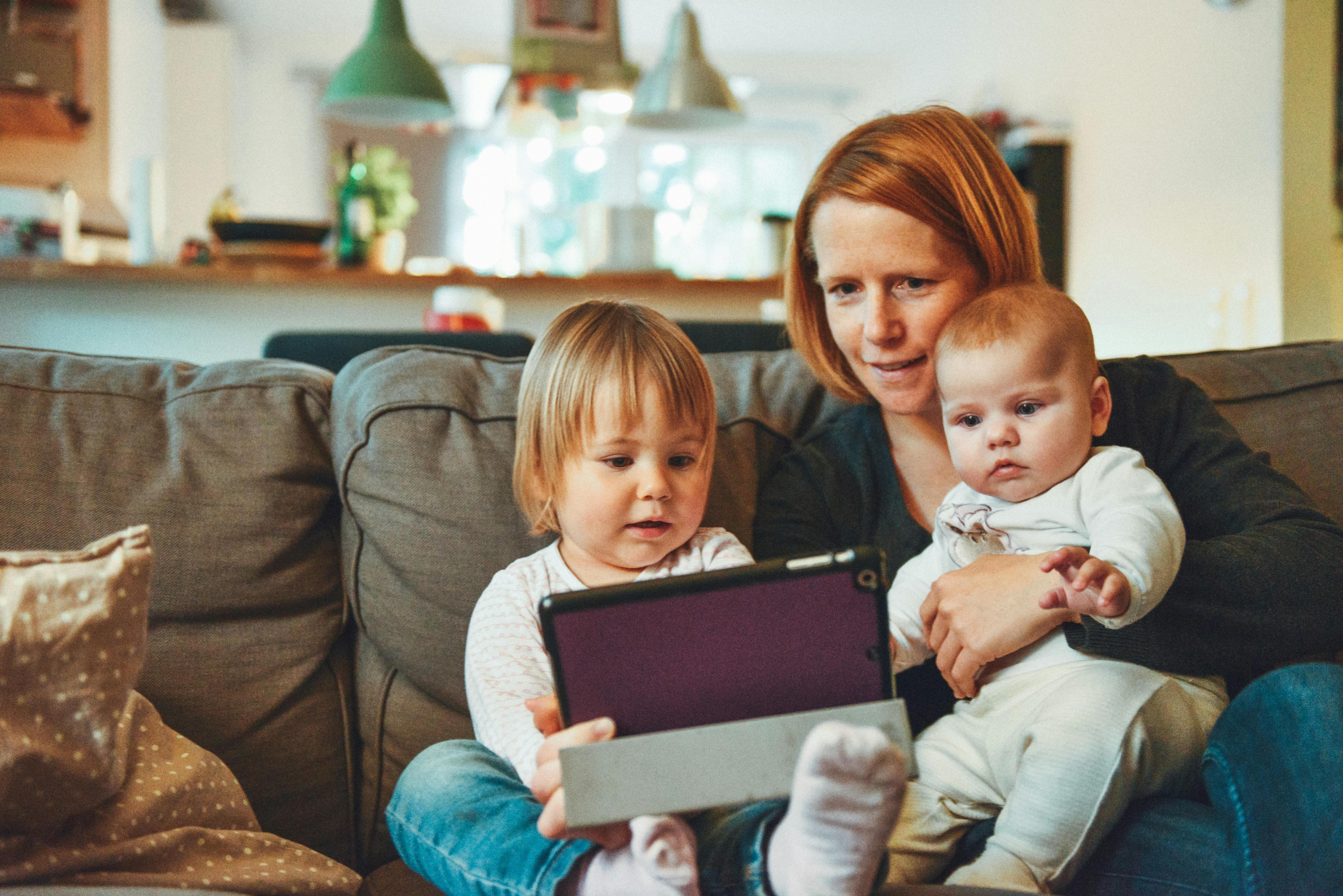New way of support for Dorset families

From today families across Dorset will lead on plans that see them getting support, where needed, from those in their communities as well as specialist practitioners.
Dorset Council was selected last year by the government to be one of only three pathfinder organisations to design major reforms to children's services, from family help to the edge of care, and to make sure these changes work well for families.
A key milestone has been reached where the design work has been done to change the way that social care is delivered for families in Dorset and work has started today to implement the new way of working.
Theresa Leavy, executive director for children’s services, said: “We’ve called this our Families First for Children Pathfinder because one of the key principles of our new way of working is that we put children and their families first. They lead on the decision making and tell us, or other support groups in their community, what help they think they need in order to keep their family together.
“We are in the fortunate position of not having to re-design everything. We’ve been using our locality-based way of working for some time now where people can get help from a range of services in their community that is tailored to what they need locally. The work of the pathfinder has enhanced the service that was already there.”
Dorset Council expects that by working differently there will be fewer children on child protection plans, fewer children in care and more children will be supported to stay with their birth families.
Those children who can’t stay with their birth parents will be supported to stay with other members of their family or kinship carers (people who are already known to them) and children in those arrangements will be supported to thrive.
One of the things that has been brought in is a Family Network Support Package for families who are taking part in family group decision making (where family networks support with making decisions about a child). This is financial support that can be paid to people who are not birth parents who can help in some way.
This might be a new sofa bed so grandparents can stay over in the child’s family home while a parent is unwell, or money so an aunt or uncle can pick a child up from school and give them dinner.
Family Networks will be identified by families themselves and could include extended family members as well as friends or non-family members such as faith group representatives or community volunteers.
Dorset Council recognises that not everyone will have a family network around them, so the new network of Family Hubs will offer a welcoming place that families can go to if they need information, advice or help. They will also offer activities and social opportunities for children, parents and carers.
This will be complemented by further work with community organisations and the voluntary sector which together will provide lots of opportunities to support worthwhile connections for children and families.
The new way of working has been split into four areas:
• Family Help – teams that are based locally and can help families with tailored support in a wide range of needs
• Child protection – a dedicated and skilled team that works with family help and other agencies to protect children who are suffering or are likely to suffer significant harm
• Family networks – making greater use of the network that each family has and aiming to keep more children living at home or with someone they already know
• Safeguarding partners – making sure that current safeguarding partners are brought along with any changes and that education is included as the fourth safeguarding partner.
Theresa added: “We know that the vast majority of our families want exactly the same for their children as anyone else – that their children had a better childhood than they did themselves. We are here to try to make sure that happens for all Dorset families and by involving the wider family network early on this will mean families are wrapping around and given the chance to support much earlier.
“Overall we expect this to be a better experience for families who will feel more supported and better able to develop their own plans to keep their children close to them.”
The work of the Pathfinder follows the Department for Education’s publication in February 2023, of the Stable Homes, Built on Love strategy and consultation, which sets out a vision to rebalance children’s social care away from costly crisis intervention to more meaningful and effective early support.
Categories: Children's Services

Comments
0 Comments